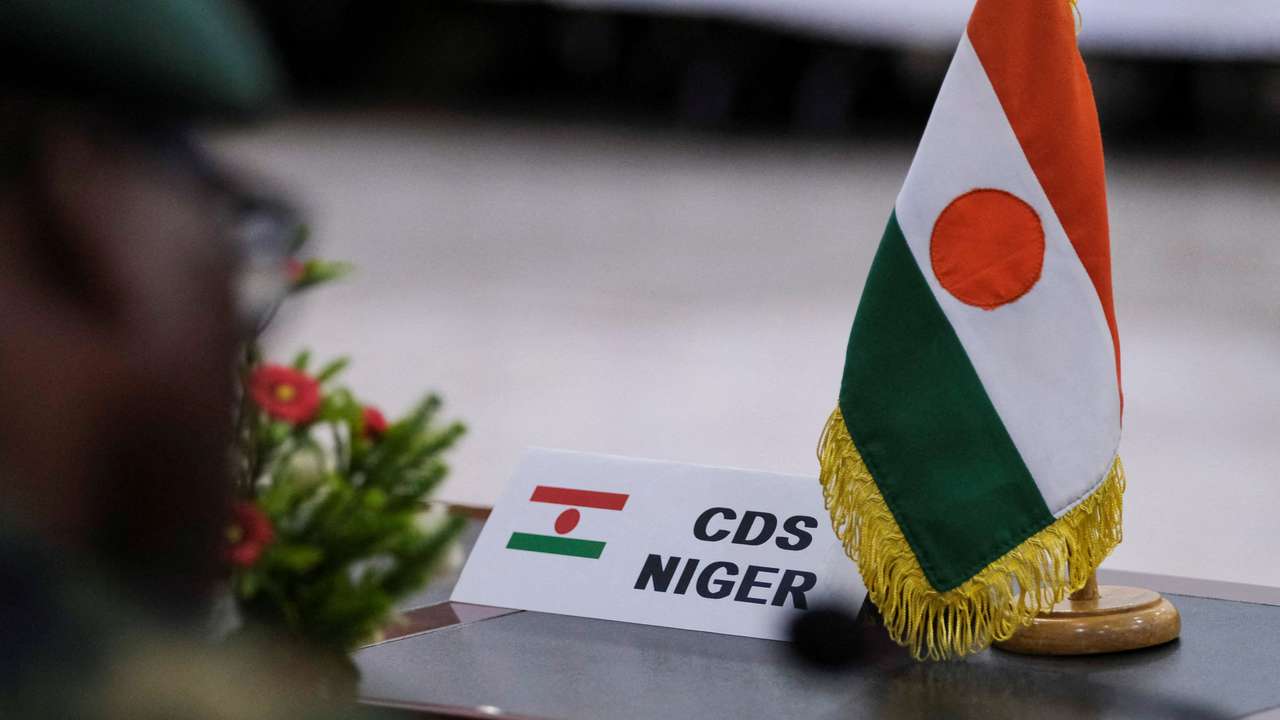Who chairs ECOWAS and how the leaders are chosen

The Economic Community of West African States (ECOWAS) is made up of Heads of State and Governments of fifteen West African countries.
The Committee came together after a Treaty of Lagos was signed by all 15 members on the 28th of May 1975, in Lagos, Nigeria.
Benin, Burkina Faso, Côte d’Ivoire, Gambia, Ghana, Guinea, Guinea Bissau, Liberia, Mali, Mauritania, Niger, Nigeria, Sierra Leone, Sénégal and Togo started ECOWAS with Cabo Verde joining the union in 1977.
The ECOWAS is headed by a chairman and the requirements for choosing a chairman are stated clearly by the committee which comprises of the Executive, Legislature and Judiciary.
The committee operates under a well-structured system of governance aimed at effectively overseeing the region's affairs.
Many West African countries have had their leaders represent as chair, countries including Ghana with President Nana Addo Dankwa Akufo-Addo in 2020, Guinea-Bissau with President Umaro Sissoco Embalo in 2022, and Nigeria’s President, Bola Tinubu as the current chairperson.
The chairman is the current Head of State and Government. He is appointed by other Heads of State and Government to oversee the affairs for a period of one year after which he is succeeded.
Other roles
The president of the ECOWAS Commission is the driving force of the community appointed by the authority and serves a non-renewable four-year term. A vice president and 13 commissioners support the president.
ECOWAS has a parliament that serves as the legislative pillar and is led by the speaker of Parliament. Administrative duties are overseen by the Secretary General of the Parliament. Parliamentarians are seconded by national Parliaments to the Community Parliament, serving four-year terms as direct universal suffrage elections are planned for the future.
The Court of Justice takes care of judicial matters in the community and is headed by the Court’s president and judges, all members of the community.
This Court plays a vital role in interpreting and implementing Community laws, protocols, and conventions.
Administrative responsibilities are managed by the Court Registrar, assisted by a team of professionals.